Sexual Misconduct Policy and Reporting
What is Title IX?
Title IX protects people from discrimination on the basis of sex.
Who does Title IX affect?
Title IX affects all students, staff, faculty, and visitors at Texas State (and at all other federally funded educational programs or activities).
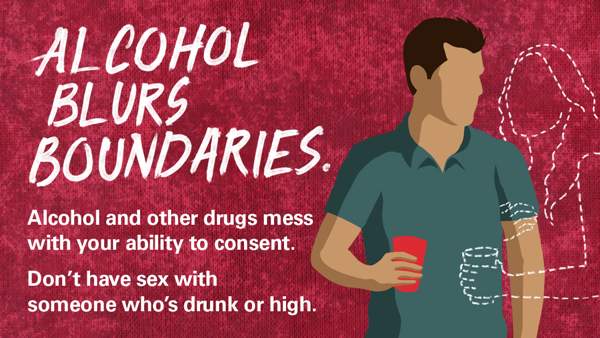
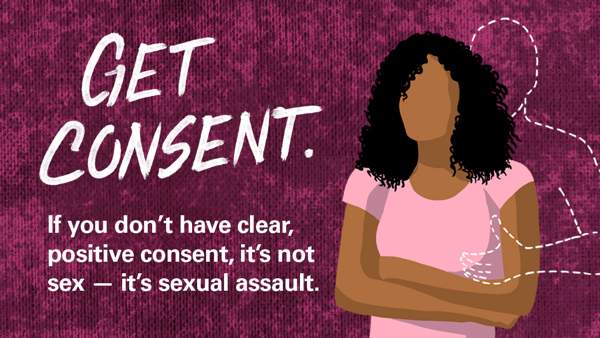
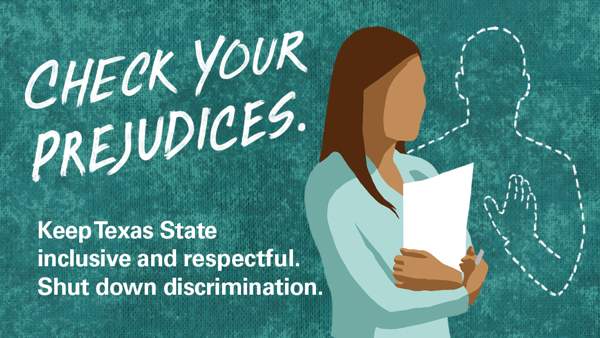
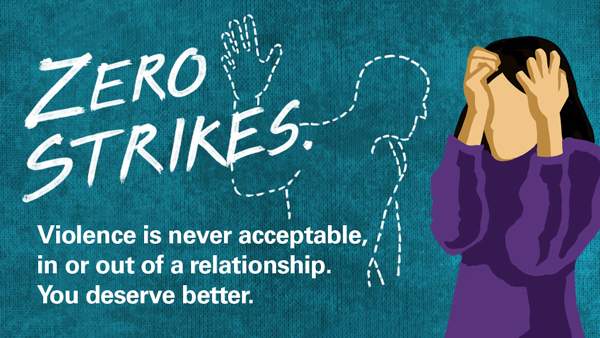
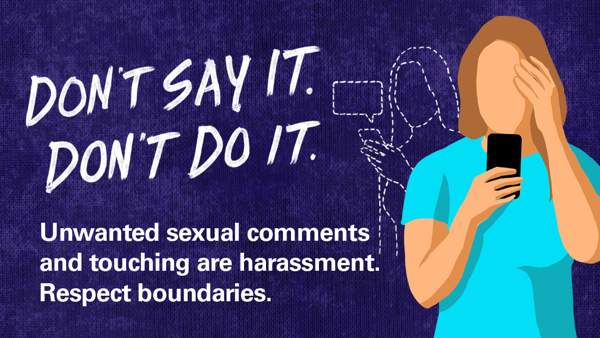
What are some examples of Title IX violations?
Have you ever heard someone share one of the following?
“He keeps texting and emailing me even though I have asked him not to.”
“She screams at me in public, puts me down and calls me names.”
“I felt pressured to have sex when I didn’t want to.”
If so, you may have heard someone share an example of a Title IX violation, or sexual misconduct. Texas State University’s Title IX/Sexual Misconduct Policy outlines prohibited sexual misconduct, including:
- sexual assault
- sexual harassment
- sexual intimidation
- stalking
- dating violence
- family (domestic) violence
Awareness Opportunities
Programs on Campus
Students Against Violence: A peer educator group that leads programs about consent, bystander intervention, gender equity and more.
Awareness Months
January: Stalking Awareness Month
February: Teen Dating Violence Awareness Month
April: Sexual Assault Awareness & Prevention Month
October: Domestic Violence Awareness Month
